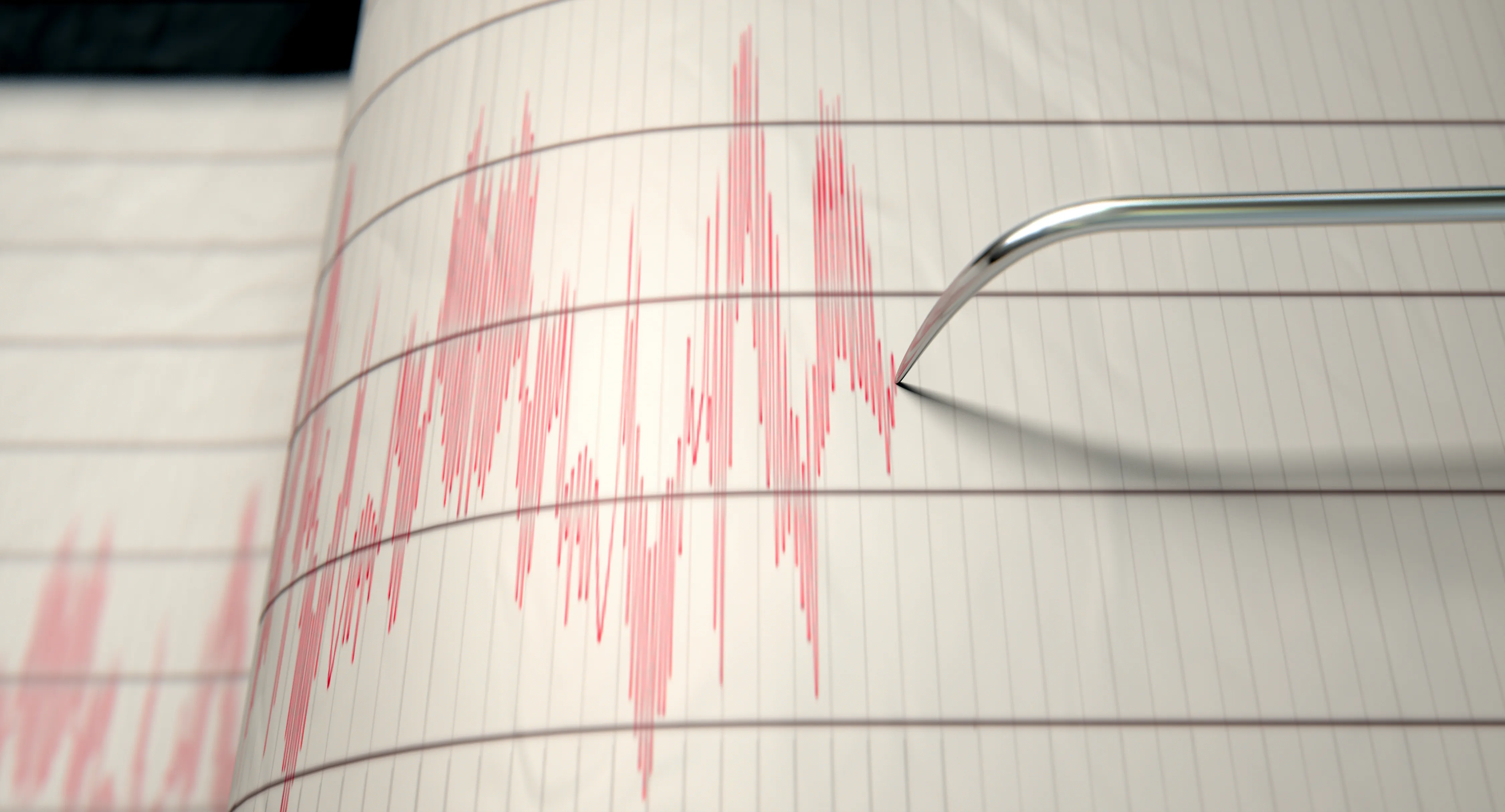
Letter to the Editor
We're at a unique time in our country, with more support for universal health care than ever before.
Because of this, those who want to keep the status quo--for their profit, not yours--will rail against universal care using tired arguments like socialized medicine.
They'll try to pit us against one another. They'd like to convince you that helping fellow Americans takes money out of your pocket, when in fact, they are the ones doing the taking.
How many times have you heard this gem?
"This is the United States of America, son! We pay for our OWN health care here. We don't expect someone else to.."
I really hate to be the bearer of bad news, but you already are paying for "other people's health care" and have been for some time.
I'm just your average working American. Each one of my paychecks shows what I made and the many deductions from that amount. The taxes withheld from my check help pay for three government run healthcare programs:
1. Medicare
2. Medicaid
3. The Veteran's Administration
Then, on top of that MORE is deducted to help pay for private health insurance for me and my family.
Before President Lyndon Johnson signed Medicare and Medicaid into law, all that existed were private insurance plans which operated then the same way they do today: They take monthly premiums paid by customers, pool that money together, and use it to pay claims made by those same customers. Regardless of what you think, even if you have insurance through Cigna, United Healthcare, or one of the other giants, you're paying for someone's triple bypass in Michigan. Or a kid's broken arm in Idaho. Or the emergency room visit for that guy in California who drunkenly decided to fire a bottle rocket from his teeth on the 4th of July.
Now, in no way, shape, or form am I saying the poor, elderly, and especially our veterans don't deserve health care, but I have to question why we have to have a total of FOUR SEPARATE SYSTEMS, each with their own administrative network to do it?
I've been working since I was 14 years old, so I've been paying to support these systems all that time. If consumer choice is a concern, why can't I simply pay a little more and take the government plan? Why am I forced to use only the most expensive and least efficient one?
Instead of the viewpoint of someone undeservedly getting something YOU paid for, look at it from the perspective of you paying for something you're not allowed to access because of your age, income, or lack of military enlistment.
This is the inherent flaw in our patchwork system that breeds anger and division. When people are struggling to put food on the table and past due bills are piling up, they lose their will to help others and start seeing the world as dog-eat-dog. They see money being taken out of their hard-earned pay to help someone who they feel is undeserving because they're hurting too and no one's helping them.
Wouldn't it be better to look at those deductions from your hard-earned pay and think "Well, at least I don't have to worry about medical care if I need it"?
We already pay for health care in many different ways. Why not do so in the most efficient way possible? We pay more for health care in this country than any other advanced country pays. How American is that? How American is it to pay more and get less? How American is it to leave people out in the cold without looking at ways to make sure we're ALL better off?
Unfortunately, health care costs will never go away and we'll continue to pay them in the future. The for-profit and employer-based private insurance system that's become the norm has failed us so we need to look at other ways. Thankfully, we don't need to reinvent the wheel.
Reams of data from other industrialized countries exist that demonstrate different ways of achieving a system that works for all. Let's dig deep, put ideology aside, and find a uniquely American universal health care system that we can be proud of.
Chris Marye, Littleton, CO
Letters to the Editor may be sent to kiowacountypress@gmail.com. Letters should be relevant to Colorado, particularly rural areas.
















